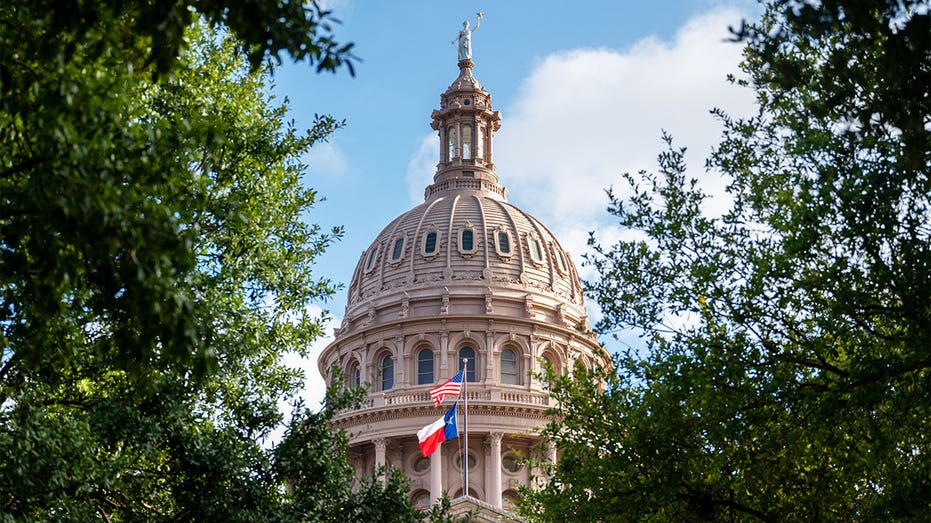Texas has passed a bill that would create an efficiency office much like the federal government’s Department of Government Efficiency started by President Donald Trump.
Texas SB14 establishes the Texas Regulatory Efficiency Office and, if passed into law, will attempt to streamline state regulations, reduce unnecessary rules and promises to make massive reductions to the size of the state’s government.
“I prioritized SB 14 because President Trump’s creation of the ‘Department of Government Efficiency’ inspired me to find ways Texas can save taxpayers and businesses money by cutting burdensome regulations. The Texas Miracle will continue long into the 21st century because our common-sense, conservative approach to regulation will keep Texans prosperous and our economy strong,” said Lt. Gov. Dan Patrick in a statement Wednesday.
A regulatory efficiency advisory panel will also be established that will advise the governor’s office and the Efficiency Office. That panel will be composed of members representing regulated businesses, the public, occupational license holders, higher education and state agencies.
This bill outlines that it will also increase the public’s access to regulatory information by establishing an interactive website for people to search for state agency rules and information by topic, activity or NAICS code.
To keep things transparent, the bill would require that the Efficiency Office must submit a biennial report to the governor and the Legislative Budget Board, detailing its activities, findings, and recommendations.
Patrick says this bill was necessary for the people of Texas and will put money back in taxpayers’ pockets.
“The Texas economy is the envy of America and the world. Texans understand that by cutting red tape, more money stays in the pockets of taxpayers. When Texans save money, the private sector is unleashed, Texans start small businesses, jobs are created and our economy grows,” Patrick said.
CLICK HERE TO GET THE FOX NEWS APP
The bill is now on its way to the House committee before it can be voted on by the Texas House of Representatives.


